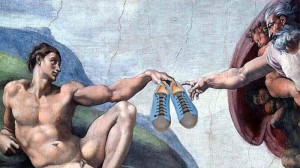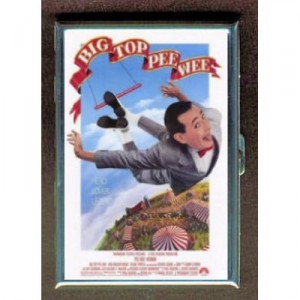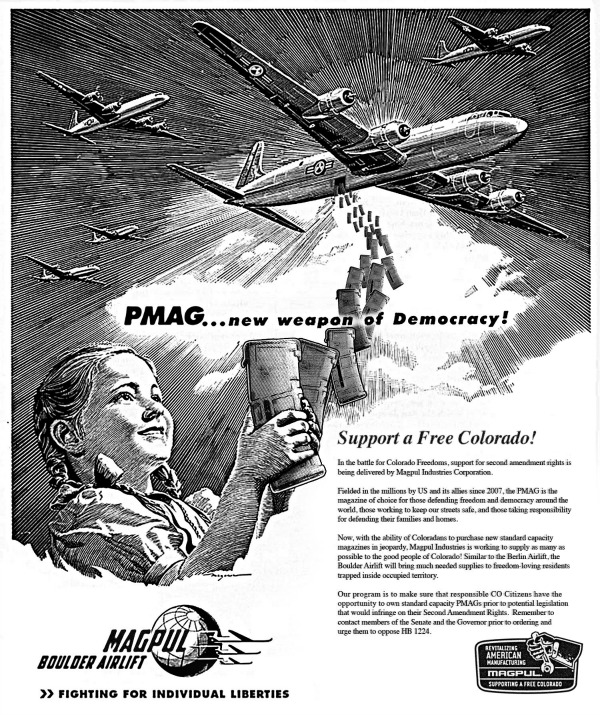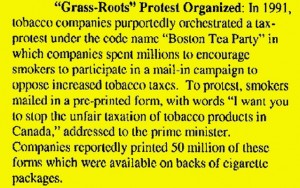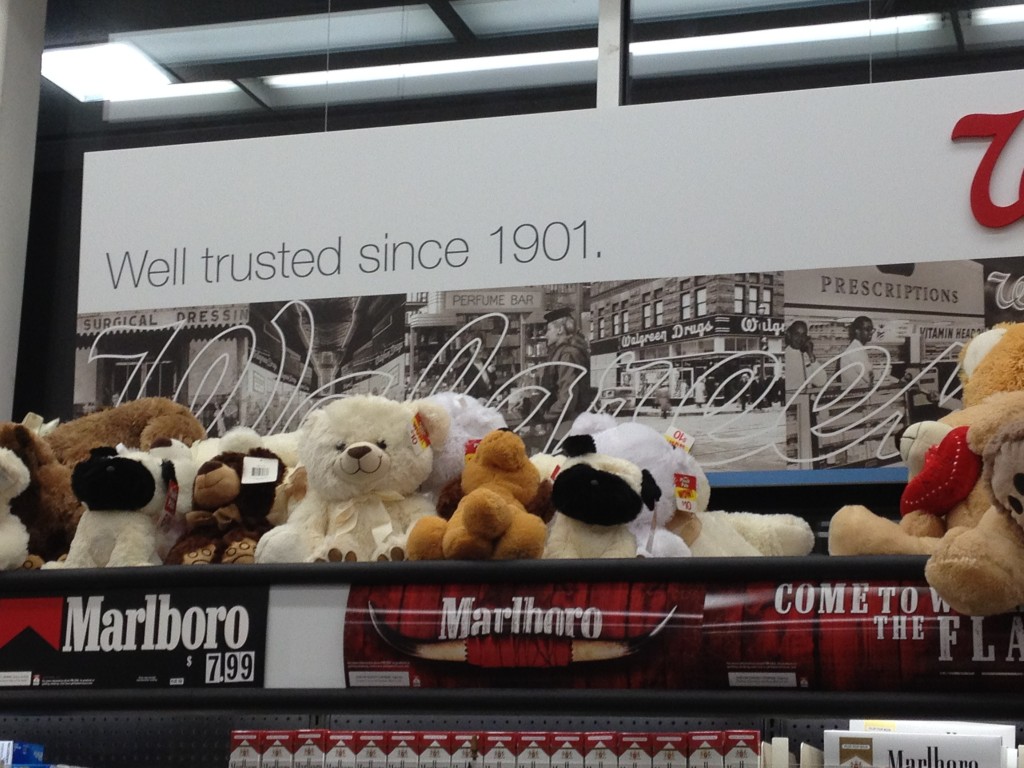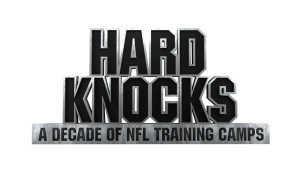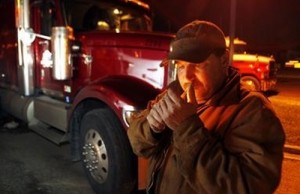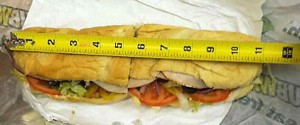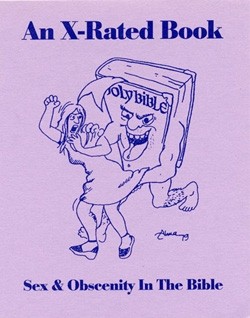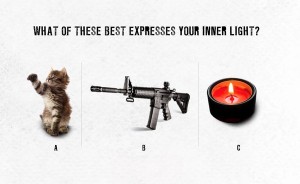 In this 1991 outline, Karen Daragan, Administrator of Media Affairs for Philip Morris USA, describes PM’s secret “Ninja Program,” in which PM recruited individual smokers across the country to act as seemingly independent media spokespeople who would oppose smoking restrictions and cigarette taxes. Daragan described the rationale for the program:
In this 1991 outline, Karen Daragan, Administrator of Media Affairs for Philip Morris USA, describes PM’s secret “Ninja Program,” in which PM recruited individual smokers across the country to act as seemingly independent media spokespeople who would oppose smoking restrictions and cigarette taxes. Daragan described the rationale for the program:
“Smokers can respond better than we can to these zealots’ positions on smoking restrictions and excessive taxation. Basically, we can get them [smokers] to deliver our messages for us and it works beautifully because they don’t represent big bad tobacco co[mpany], have more credibility [and] can relate to the public better and talk about issues that are affecting them rather than have us talk for them like we did in the past. But they can also go a step beyond. They can…get the antis reacting to them which puts the antis on the defensive for a change.”
Daragan calls PM’s Ninja Program “a proactive media relations tool for us,” and describes how PM’s method of recruiting smokers as spokespeople differs from those of other cigarette companies:
“We don’t manage smokers rights clubs and organize meetings like our competitors do. What we do is go out and find the most articulate and devoted activists. We call them our ninjas. We feed them with our most powerful information and arguments, media train them and then have our public relations agency go out and pitch stories and set up interviews for them…”
She continues, describing how PM finds their ninjas:
“Right now we have about 30 trained media ninjas across the country…We find them through correspondence with PM, through phone surveys and written surveys among the 12 million people on our database, through word of mouth, LTE’s, and visible activists among the already existing smokers rights clubs across the states.”
PM instructed its “ninjas” to carry specific, corporate-defined messages to the media: “accommodation,” civil liberties, fairness and self-determination.
Source: 1991 Philip Morris report/outline, Bates No. 2078755208/5213



